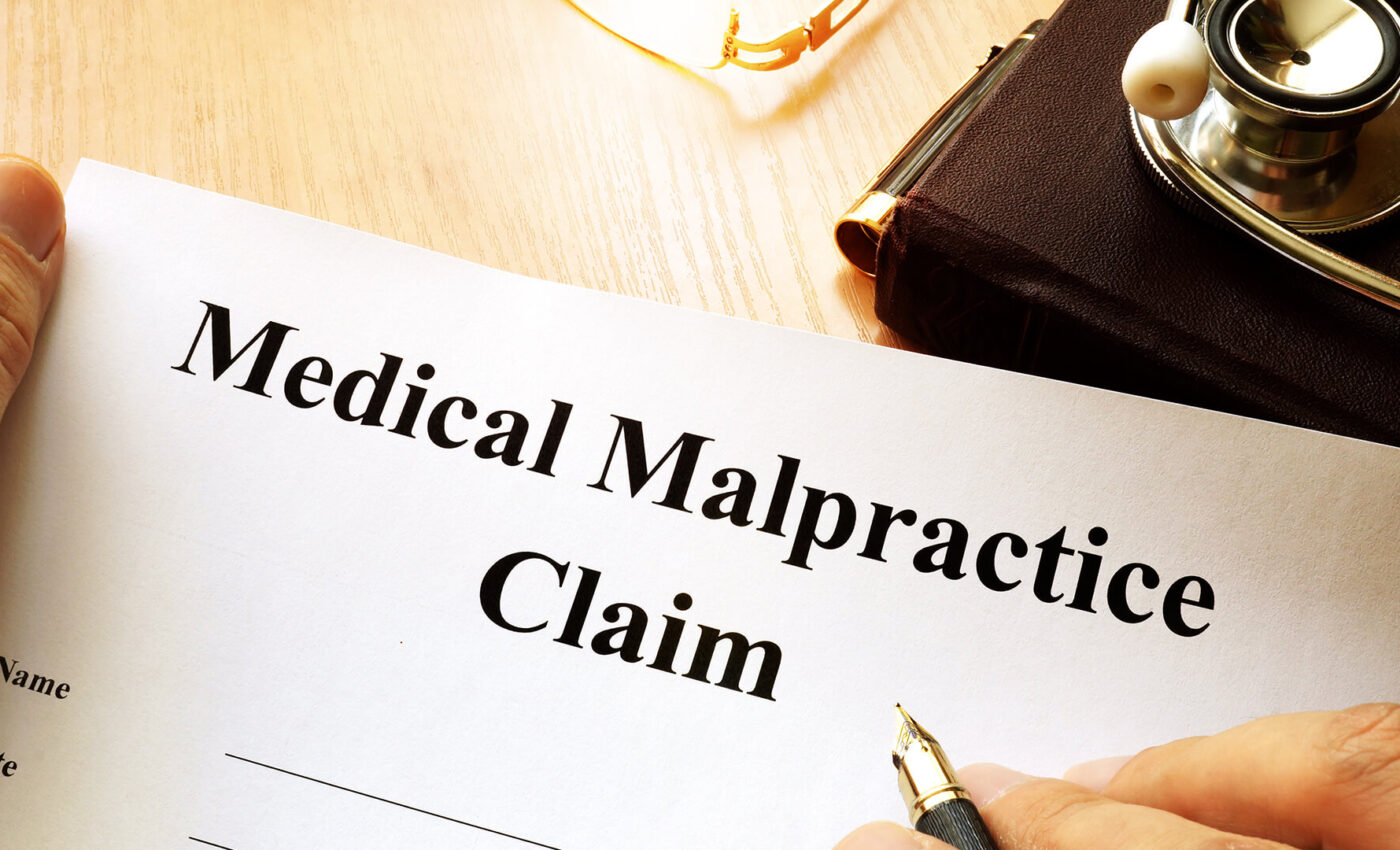Everyone wants to make the most out of their legal situation. Often, this means looking out for their own best interests. However, when pursuing a malpractice claim, this interest can go beyond monetary self-interest. For example, a person suffering from medical negligence may want to pursue justice for themselves and any other patient who may have been harmed due to that negligence.
If you or someone you know has been harmed by medical malpractice, it’s important to remember that the law exists to protect patients from harm. So, how do you know if seeking compensation from the person or entity you blame for your injuries will be worthwhile? Here are some tips for making sure that pursuing a lawsuit is the right decision for both you and your case.
Know Your Rights
Every patient has certain rights when dealing with the medical system. These are called “legal rights,” and for the most part, patients have the right to: – Get a full and fair diagnosis – Be treated by the doctor you choose – Know the reason you were treated the way you were – Be given the option of an alternative treatment – Be paid for the care you received If you are seeking compensation for a medical malpractice claim, it is important to understand your legal rights so that you aren’t accidentally violating any of these rights. If you aren’t sure whether you comply with the law, speak to a medical malpractice lawyer.
Stay Informed
Even if you have all the legal rights outlined above, it’s smart to stay informed about your rights and what is happening in the healthcare system. This way, you will be well aware of what steps you can take if you feel you have been wronged in the medical system. You are also likely to be more successful if you know any patterns in your area. For example, if you notice a pattern of doctors misdiagnosing patients, you may wish to speak to your doctor about possible medical negligence.
Document Everything
If you file a medical malpractice claim, you are also required by law to keep documentation of your interactions with patients and doctors. This could be a letter or a list of questions and documents. Keep track of who you spoke with, what they said, and when they said it. This way, you will be able to dispute the information you were given and ensure that the right people are held accountable for any wrongdoing.
Keep Records Of Your Interactions With Patients And Doctors
You are also required by law to keep records of their interactions with patients and doctors. Medical records are essential to any medical malpractice case. This includes notes and records of interactions with patients, such as the following: – The patient’s name, age, sex, race, or ethnic background – The patient’s medical condition – The doctor’s name, age, specialty, etc. – Any medications or other substances that the patient was taking – Any interventions that the doctor or other healthcare provider performed on the patient – Any charges that were levied against the patient – The patient’s written or electronic response to the doctor’s recommendations – Any other information related to the patient’s care that you keep track of.
File A Complaint Early, Often, And Consistently
If you feel that the healthcare system needs to correct you, you will likely receive less justice if there are delays in filing a complaint. It doesn’t matter if you feel you didn’t have a choice or had no way to file a complaint. You are still required by law to use the health care system if you feel you were injured due to someone else’s negligence. If you don’t file a complaint, the person who was allegedly negligent will be able to continue to do so with impunity.
Seek Expert Advice
While it might be tempting to go it alone when pursuing a claim, but it’s always best to get expert advice. A qualified medical malpractice lawyer or mediator may be able to help you to understand your case better. They may also be able to help you to understand better your options and better make your case. Suppose you’re unable to hire an expert in your field. In that case, you can still seek professional advice by seeking a qualified medical malpractice lawyer with experience in medical malpractice cases.
These professionals can help you to understand your options better and may be able to help you to better your case. A medical malpractice lawyer can help you sort through the many confusing details of a medical case and can also advise you on the best course of action moving forward.
Protect Yourself From Potential Damages And Costs
You are also required by law to let the allegedly negligent person know that you intend to file a claim. Ideally, this should happen before you begin your lawsuit so that you know the potential cost of pursuing a claim. But if you don’t let the person know, you may have to pay for your legal representation and be faced with an expensive claim.
Make Sure Witnesses Are Available
It is important to have witnesses available to testify on your behalf. For example, if you are the only person who knows a certain event, you should be able to call witnesses to support your claim. However, it is unnecessary to have witnesses in the same room or building when the incident occurred. You can also make notes of any conversations you had with healthcare providers or their assistants during your encounter with them. You can also keep track of the time you were in the room or facility when a certain medical procedure was performed. This way, if a witness is unavailable, you will still be able to provide a testimony that supports your claim.
Conclusion
The medical field is a complicated and challenging place to access. It is important to remember that you shouldn’t wait for someone to come to you, and you shouldn’t put yourself in positions that could cause harm to you. When it comes to pursuing a medical malpractice claim, there are a few things you can do to make sure that you are doing your best to protect yourself and your case. With a little effort, you can make sure that each stage of the legal the process is streamlined and efficient, protecting yourself from liability and ensuring that you receive justice for any injuries that may have been caused by medical negligence.









